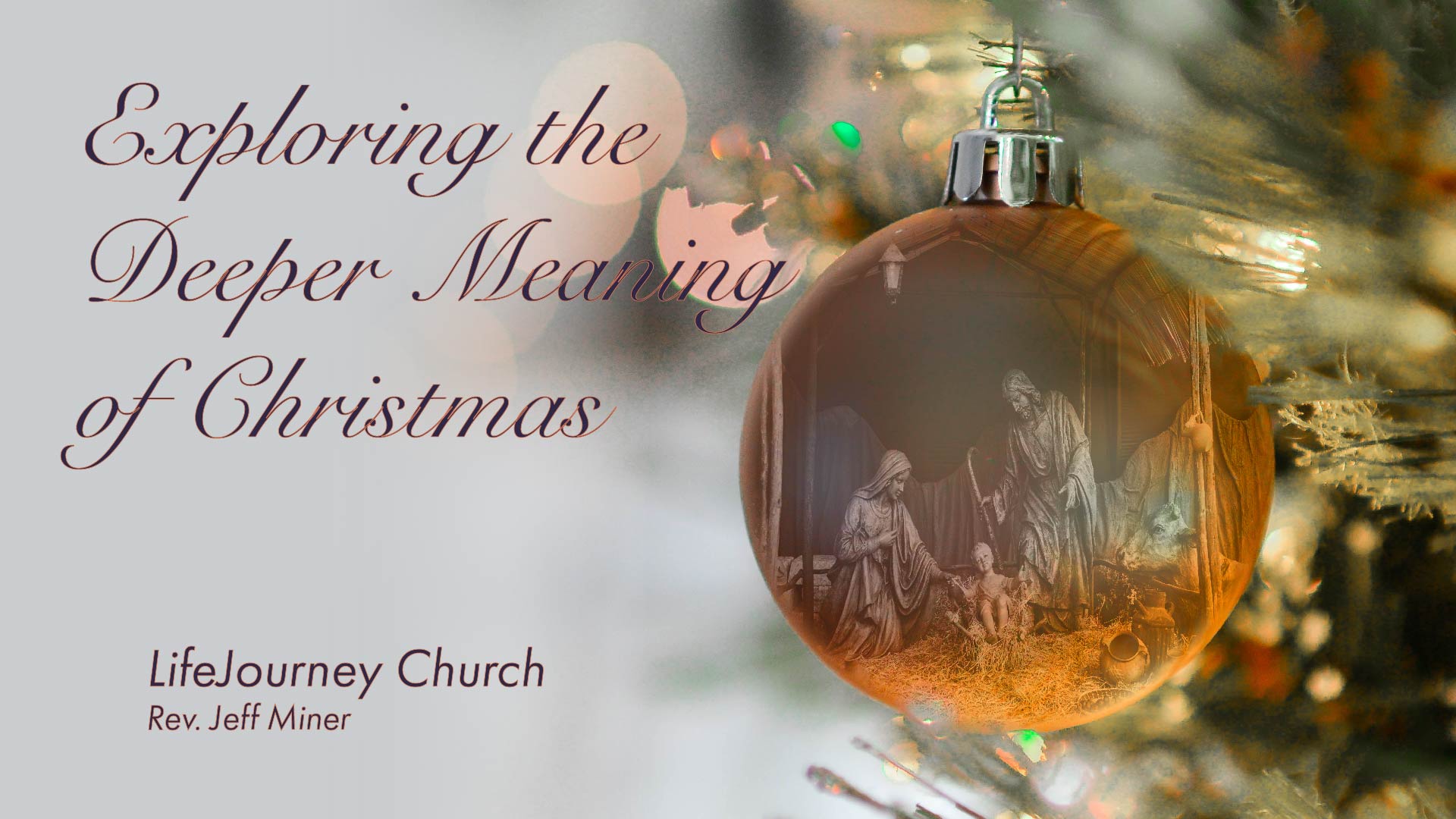The Power Of Belief: Exploring The Phenomenon Of Christmas Wishes Granted
The Power of Belief: Exploring the Phenomenon of Christmas Wishes Granted
Related Articles: The Power of Belief: Exploring the Phenomenon of Christmas Wishes Granted
Introduction
In this auspicious occasion, we are delighted to delve into the intriguing topic related to The Power of Belief: Exploring the Phenomenon of Christmas Wishes Granted. Let’s weave interesting information and offer fresh perspectives to the readers.
Table of Content
The Power of Belief: Exploring the Phenomenon of Christmas Wishes Granted

The holiday season, particularly Christmas, is often associated with a sense of hope, optimism, and the anticipation of something magical. This sentiment is reflected in the enduring tradition of making Christmas wishes, a practice that transcends cultural boundaries and resonates with individuals across generations. While the act of wishing itself may seem simple, the underlying belief in the possibility of its fulfillment holds significant psychological and social value. This article delves into the phenomenon of Christmas wishes granted, exploring the factors that contribute to this experience and the potential benefits it offers.
The Psychology of Wishing
The act of wishing is deeply ingrained in human psychology. It taps into our innate desire for a better future, a yearning for things to be different, and a belief in the possibility of change. Wishes, especially those made during a time of heightened emotional significance like Christmas, often carry a weight of emotional investment, amplifying their perceived power.
From a psychological perspective, wishing can be seen as a form of positive visualization. By focusing on a desired outcome, individuals can subconsciously prime themselves to act in ways that increase the likelihood of its manifestation. This is further strengthened by the positive emotions associated with the holiday season, which can foster a sense of hope and optimism, making individuals more receptive to positive change.
The Role of Belief and Expectation
The power of belief is a crucial factor in the perceived granting of Christmas wishes. When individuals genuinely believe that their wishes will come true, they are more likely to act in ways that align with their desired outcome. This belief creates a self-fulfilling prophecy, where the individual’s actions, driven by their conviction, ultimately contribute to the realization of their wish.
Furthermore, expectations play a vital role. The anticipation of a wish being granted can create a heightened sense of awareness, making individuals more receptive to opportunities and coincidences that might otherwise go unnoticed. This heightened awareness can lead to the perception of a wish being fulfilled, even if the connection between the wish and the outcome is indirect or coincidental.
The Social Context of Christmas Wishes
Christmas, with its focus on family, community, and generosity, provides a fertile ground for the sharing and fulfillment of wishes. The act of wishing often involves a sense of communal participation, with individuals sharing their hopes and dreams with loved ones. This shared experience can create a sense of collective belief, further strengthening the potential for wishes to be granted.
Moreover, the generosity and goodwill associated with Christmas can lead to acts of kindness and support that inadvertently fulfill the wishes of others. The spirit of giving and sharing during this time can create a ripple effect, where individuals’ actions positively impact the lives of others, potentially fulfilling their unspoken wishes.
Examples of Christmas Wishes Granted
While the experience of having a Christmas wish granted is inherently subjective, there are numerous anecdotal accounts that highlight the power of belief and the unexpected ways in which wishes can manifest. These stories often involve individuals experiencing a sudden change in fortune, a serendipitous encounter, or a seemingly miraculous event that aligns with their heartfelt desire.
For example, a young girl wishing for a new bicycle might find herself receiving one as a surprise gift from a relative. A struggling artist might unexpectedly land a prestigious exhibition opportunity, fulfilling their wish for recognition and success. These seemingly coincidental events can be interpreted as evidence of wishes being granted, reinforcing the belief in their power.
Benefits of Wishing and Belief
Beyond the potential for actual wish fulfillment, the act of wishing itself offers several psychological and social benefits. It provides a space for individuals to express their hopes and dreams, fostering a sense of purpose and direction. It can also serve as a source of motivation, encouraging individuals to take steps towards achieving their goals.
Furthermore, the belief in the possibility of wishes being granted can foster a sense of optimism and hope, even in challenging times. This positive mindset can have a profound impact on mental and emotional well-being, empowering individuals to navigate difficult situations with greater resilience and determination.
FAQs about Christmas Wishes Granted
1. Are Christmas wishes always granted?
The granting of Christmas wishes is not guaranteed. It is a matter of belief, expectation, and the interplay of various factors, including coincidence and personal effort.
2. What are the most common Christmas wishes?
Common Christmas wishes often revolve around themes of love, happiness, health, financial security, personal growth, and meaningful connections.
3. Is there a right way to make a Christmas wish?
There is no one right way to make a Christmas wish. The most important element is the sincerity of the desire and the belief in its possibility.
4. How can I increase the chances of my Christmas wish being granted?
While there is no foolproof method, focusing on positive visualization, taking steps towards achieving your goals, and maintaining a hopeful and optimistic mindset can increase the likelihood of your wish manifesting.
5. What if my Christmas wish doesn’t come true?
It is important to remember that not all wishes are granted. It is crucial to maintain a sense of perspective and recognize that even if a wish doesn’t materialize, the act of wishing itself can offer valuable psychological benefits.
Tips for Making and Receiving Christmas Wishes
- Be specific and clear: Clearly articulate your wish, leaving no room for ambiguity.
- Focus on positive emotions: Frame your wish in a positive and hopeful way, avoiding negative language or doubt.
- Visualize your wish: Create a mental picture of your wish being fulfilled, strengthening your belief in its possibility.
- Take action: Don’t simply wait for your wish to be granted. Take steps, however small, to move towards achieving your desired outcome.
- Be open to unexpected opportunities: Be receptive to coincidences and opportunities that might seem unrelated to your wish.
- Share your wishes with loved ones: Sharing your wishes with others can create a sense of shared belief and support.
- Practice gratitude: Express gratitude for the good things in your life, fostering a positive mindset that can attract more positive experiences.
Conclusion
The phenomenon of Christmas wishes granted highlights the powerful interplay of belief, expectation, and the human desire for a better future. While the actual granting of wishes may be influenced by a complex interplay of factors, the act of wishing itself offers significant psychological and social benefits. By fostering a sense of hope, purpose, and optimism, the tradition of Christmas wishes continues to resonate with individuals across generations, reminding us of the transformative power of belief and the enduring magic of the holiday season.








Closure
Thus, we hope this article has provided valuable insights into The Power of Belief: Exploring the Phenomenon of Christmas Wishes Granted. We thank you for taking the time to read this article. See you in our next article!
Leave a Reply